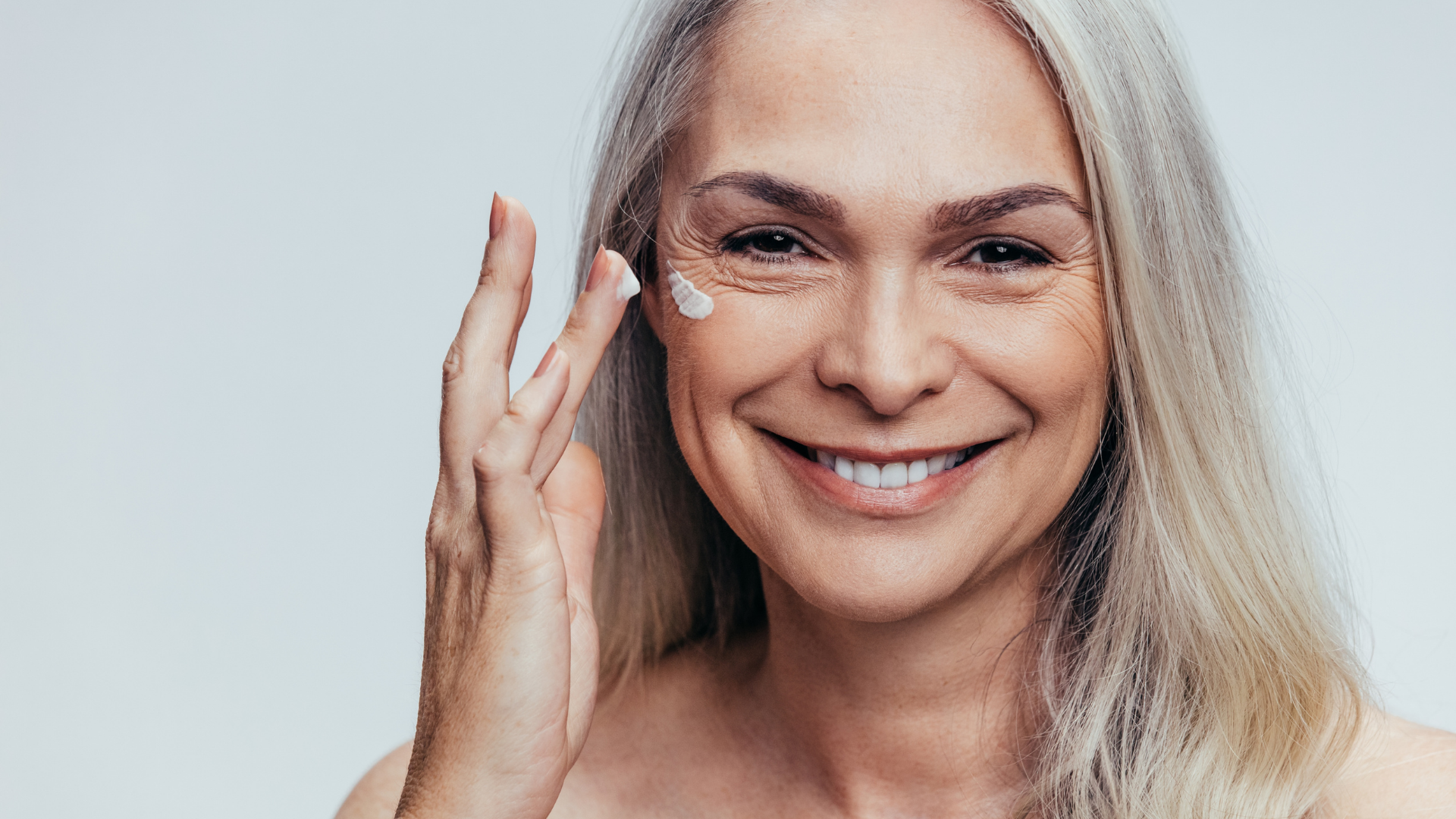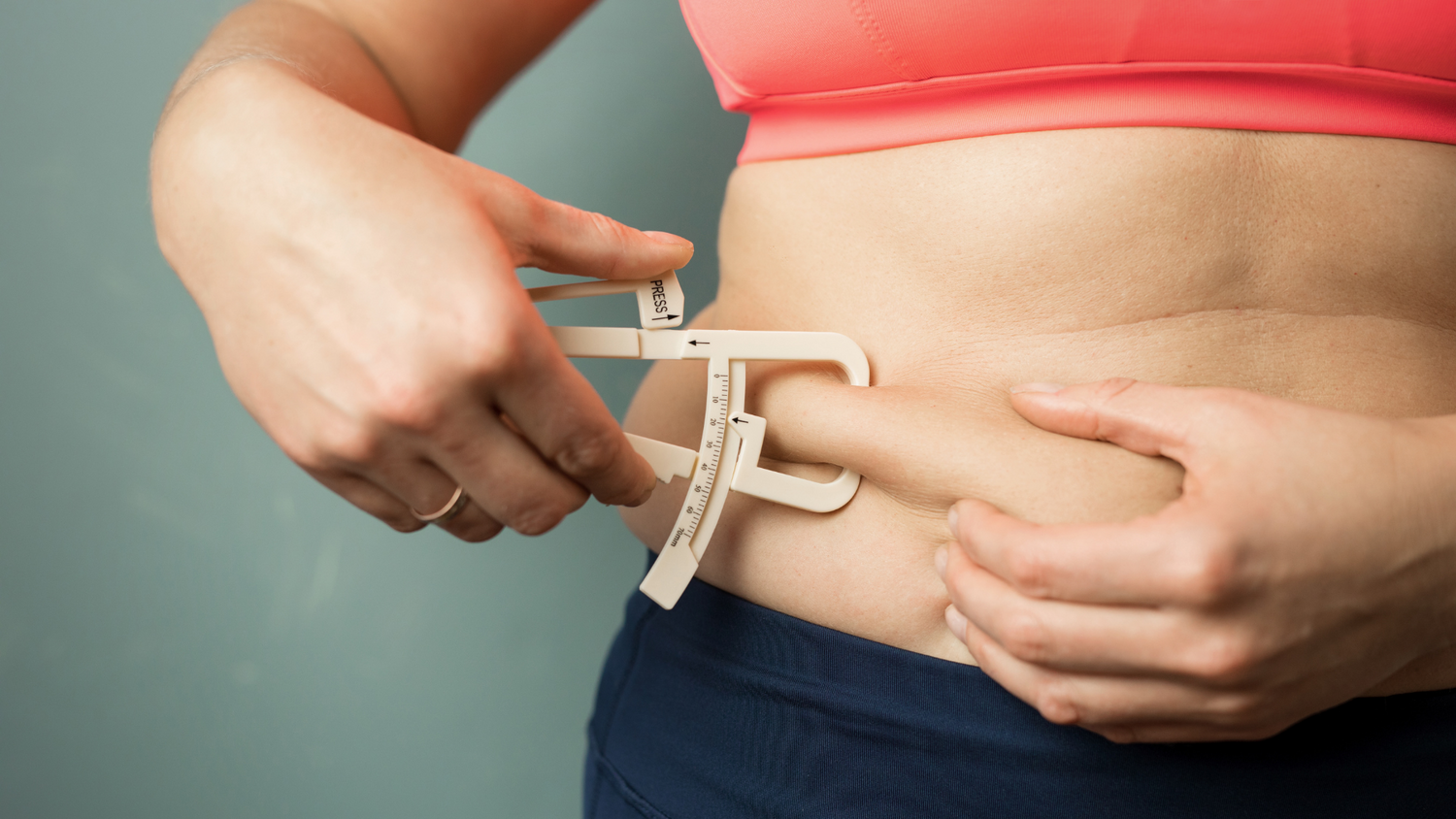We’ve all had those mornings – you wake up, and it seems as if an invisible vacuum has sucked out all the moisture from your skin. If this feeling becomes a frequent companion, and you're in the perimenopausal age range, there's a high chance that your hormones are playing a role. Navigating perimenopause, conversations are often filled with mentions of hot flashes, mood swings, and sleep disturbances. Still, the understated challenge of perimenopause dry skin often goes unspoken.
The Hormonal Impact on Our Skin
Hormones play a vital role in maintaining our skin's health, elasticity, and moisture levels. During the perimenopausal stage, there are significant fluctuations in hormone levels, which can have a profound effect on the skin.
- Oestrogen: As women approach menopause, oestrogen levels start to decline. This hormone plays a pivotal role in maintaining the skin's moisture levels, elasticity, and thickness. When oestrogen levels drop, the skin can lose its ability to retain moisture, leading to dryness.
- Collagen Production: Oestrogen also promotes collagen production, a protein that keeps our skin supple and elastic. Lower levels of oestrogen during perimenopause mean less collagen production, making the skin feel dryer and less plump.
- Oil Production: Sebaceous glands, which produce oils that keep our skin moisturized, are influenced by oestrogen. Reduced oestrogen means decreased oil production, exacerbating the dryness.
Navigating Perimenopausal Dry Skin
Recognizing that perimenopausal dry skin is hormone-driven can guide women in finding the right solutions to address it. Ladies, this is a judgment-free zone, so here are some recommended topical moisturizers, non-invasive, and invasive clinic procedures – ladies, get that moisture whichever way works for you.
Topical Moisturizers:
- Ceramide-Based Creams: Restore the skin's barrier and retain moisture, like CeraVe and Eucerin.
- Hyaluronic Acid Serums and Creams: Potent humectants that pull moisture from the air into the skin. Brands like Neutrogena's Hydro Boost and La Roche-Posay's Hyalu B5 are top picks.
- Natural Oils: Argan, jojoba, and rosehip oil provide hydration without clogging pores.
Non-Invasive Clinic Procedures:
- Microdermabrasion: Enhances absorption of topical products and boosts collagen.
- HydraFacial: Tailored multi-step treatment to address dryness and other concerns.
- LED Light Therapy: Boosts collagen and enhances skin hydration.
- Chemical Peels: Mild peels improve hydration and skin texture.
Invasive Clinic Procedures:
- Micro needling: Stimulates collagen and improves moisture retention.
- Platelet-Rich Plasma (PRP): Uses the patient's blood to rejuvenate the skin.
- Bio-Remodeller (e.g., Profhilo): Boosts hydration from within and helps improve skin laxity by stimulating collagen and elastin production.
Other Tips:
- Moisturize Regularly: Opt for creams and lotions with hyaluronic acid, glycerine, or ceramides.
- Stay Hydrated: Consume adequate water daily.
- Gentle Skin Care: Use sulphate-free cleansers and avoid dehydrating hot showers.
- Humidify: Benefit your skin with a humidifier, especially in dry climates.
- Consult a Dermatologist: Seek tailored treatments or products for persistent issues.
- Hormone Replacement Therapy (HRT): Consult a healthcare provider about potential risks and benefits.
The world of perimenopausal dry skin can sometimes be a quiet journey, however, as we've explored, there are multiple pathways to bring back that dewy freshness. Addressing our skin's changing needs is crucial during perimenopause. With informed choices and consistent self-care, we can effectively manage dry skin and other symptoms, making this phase more comfortable and empowering.





